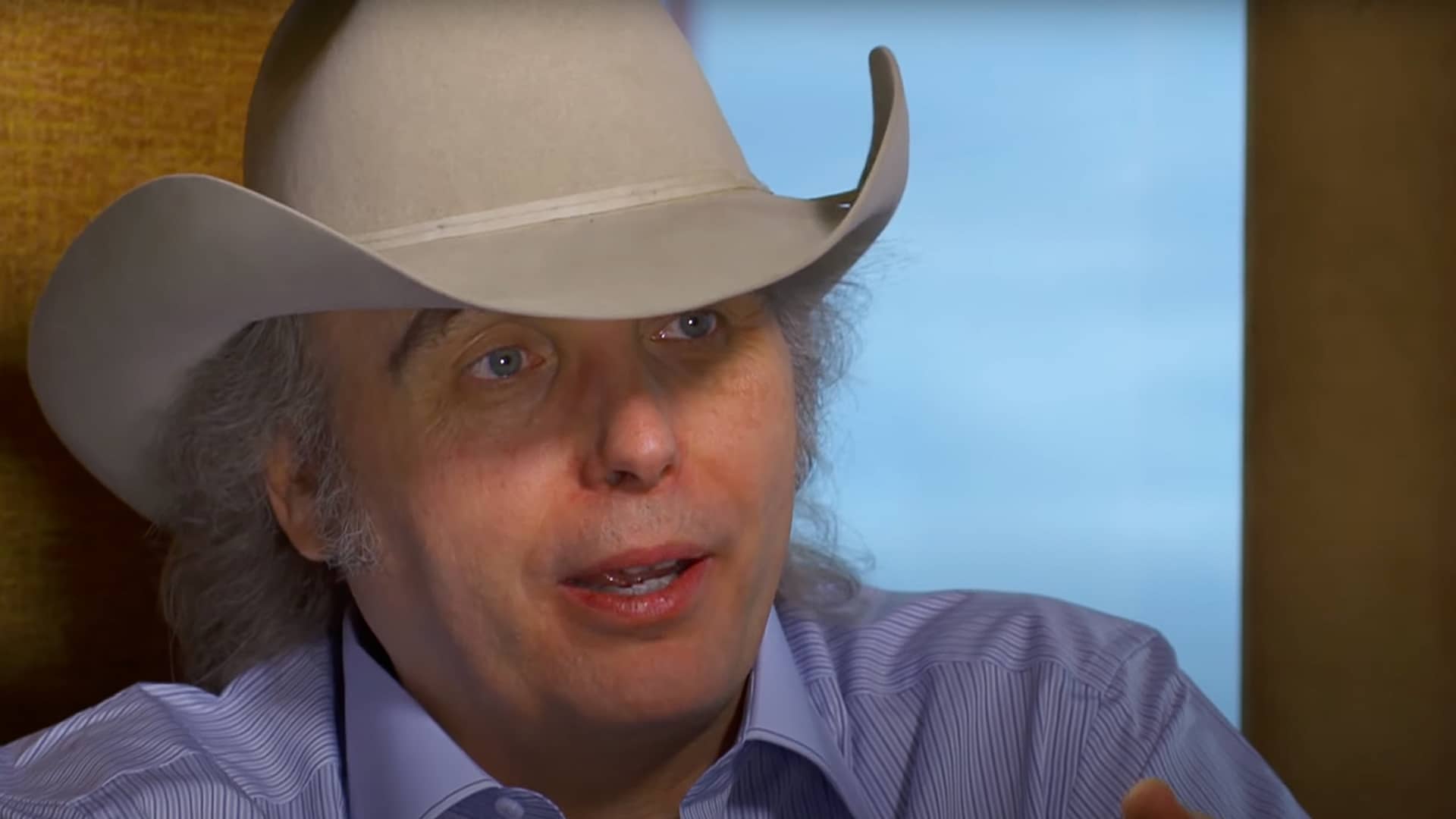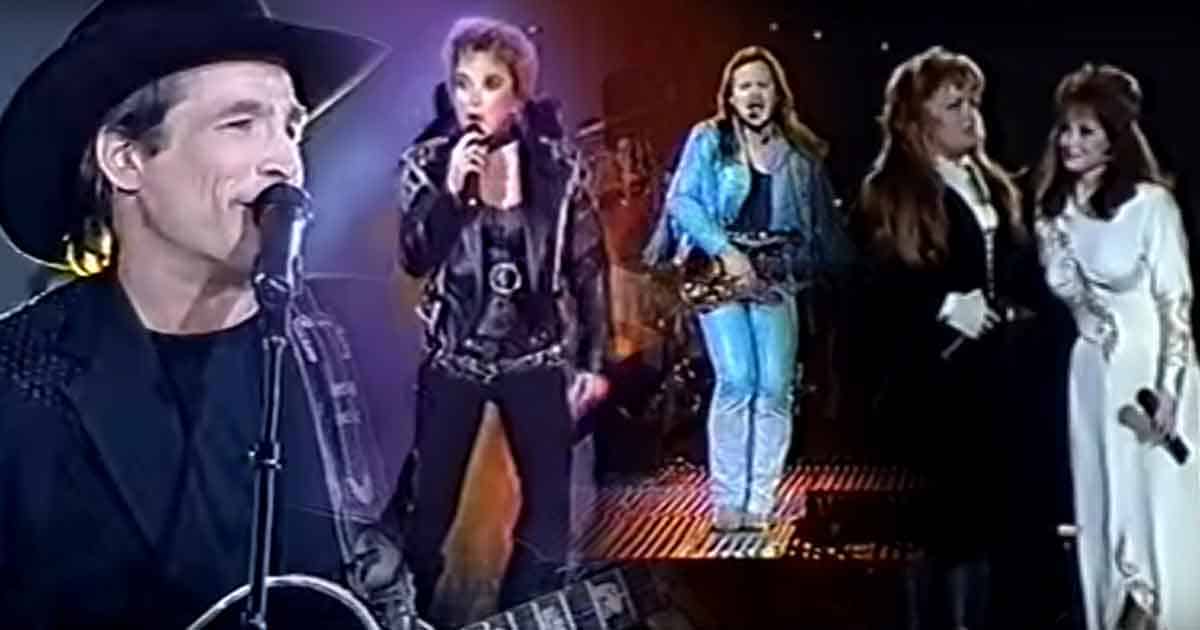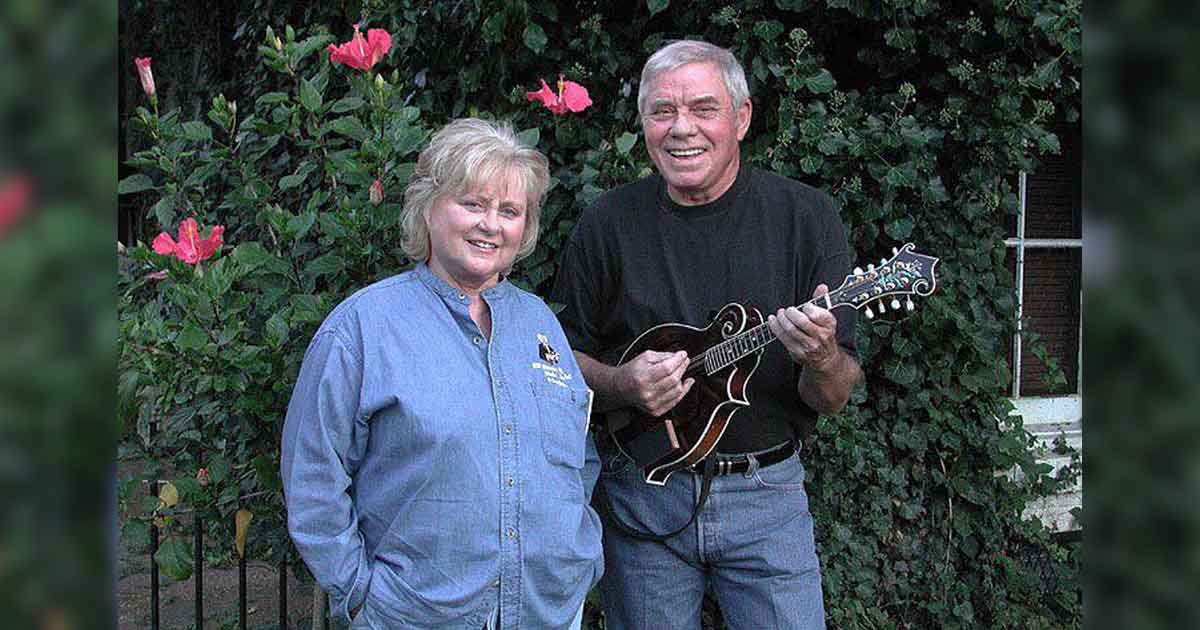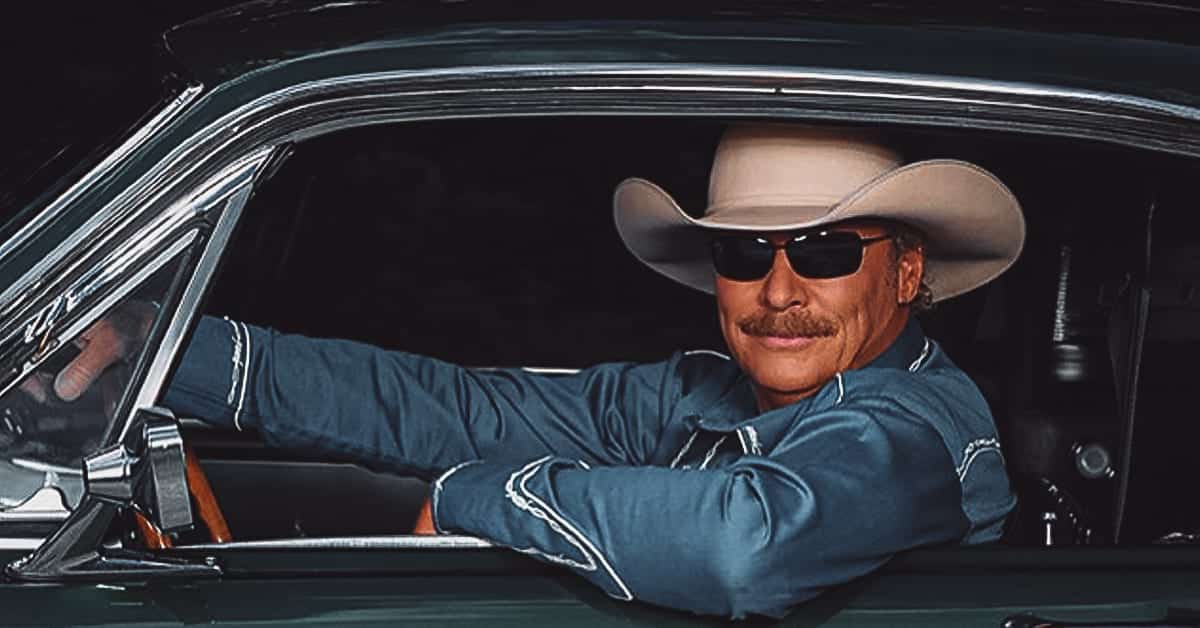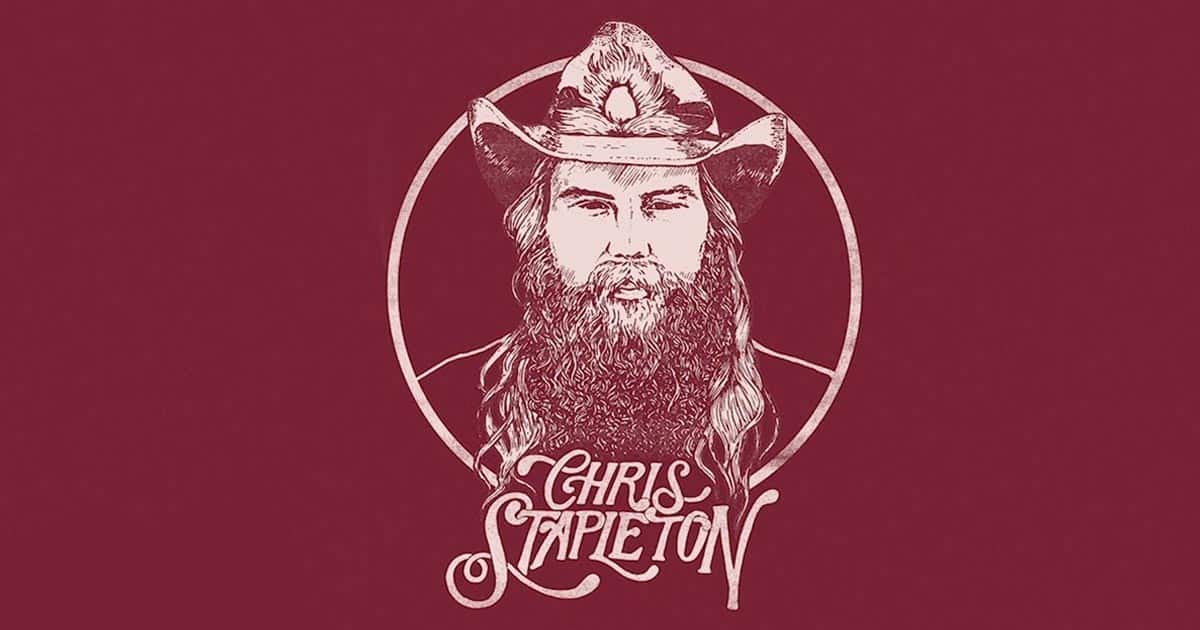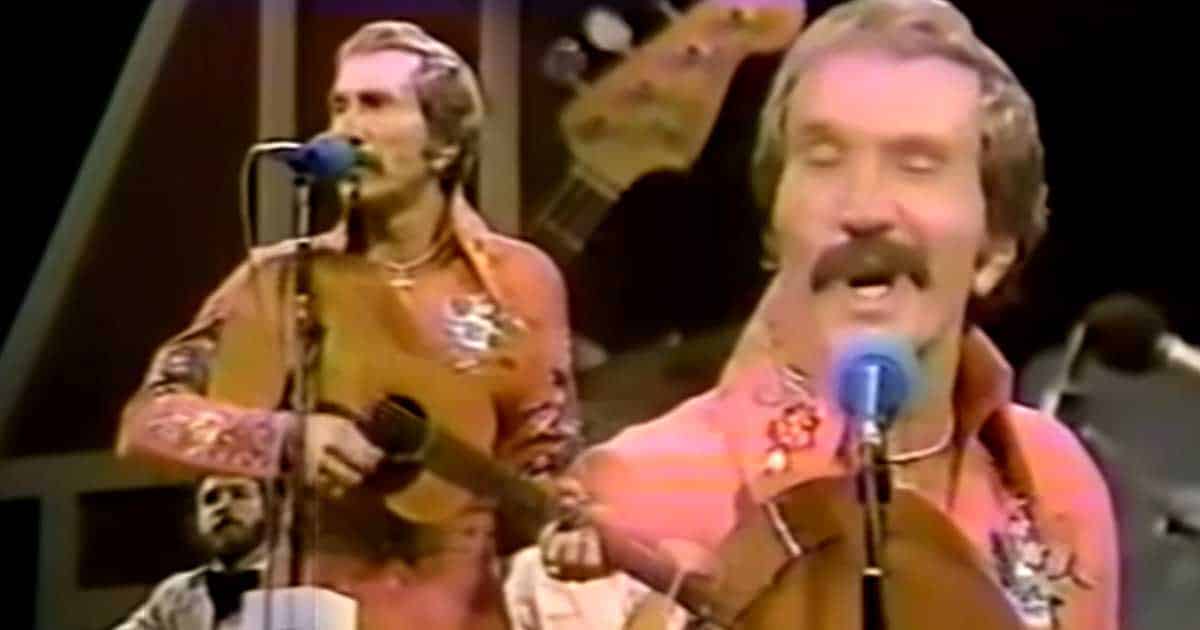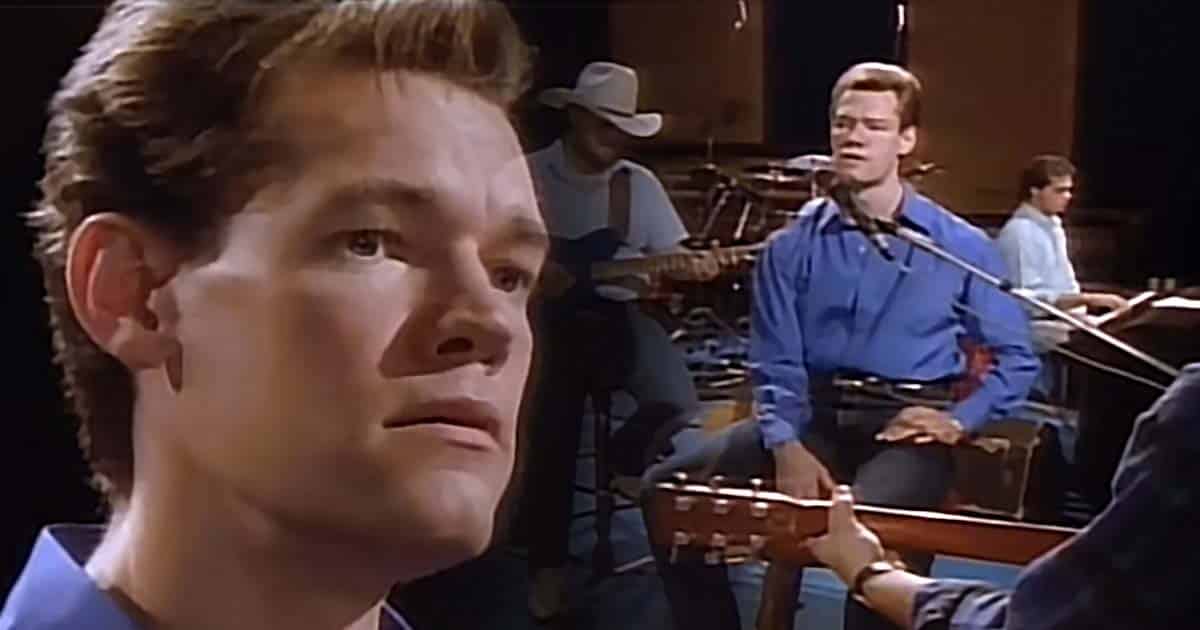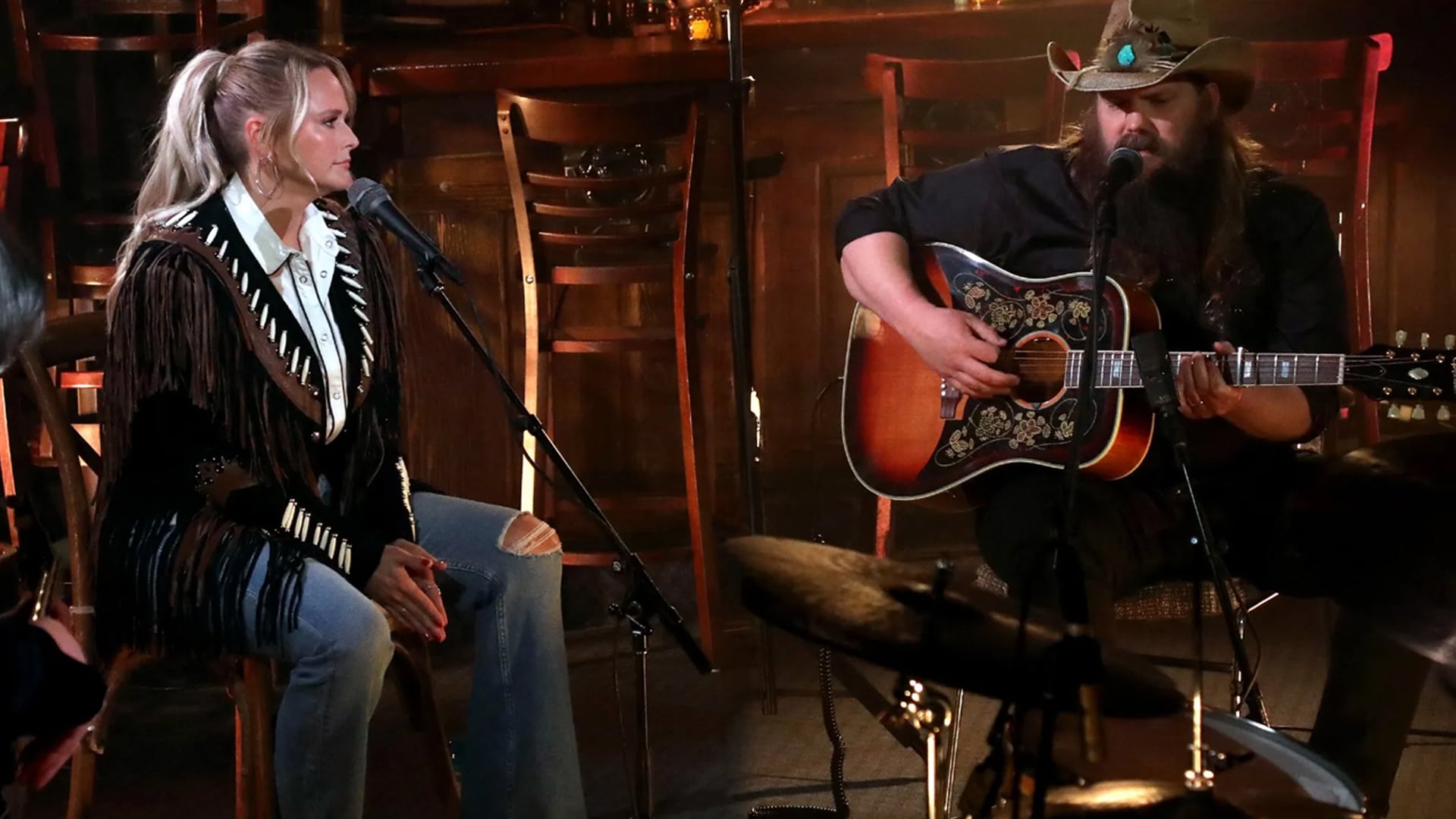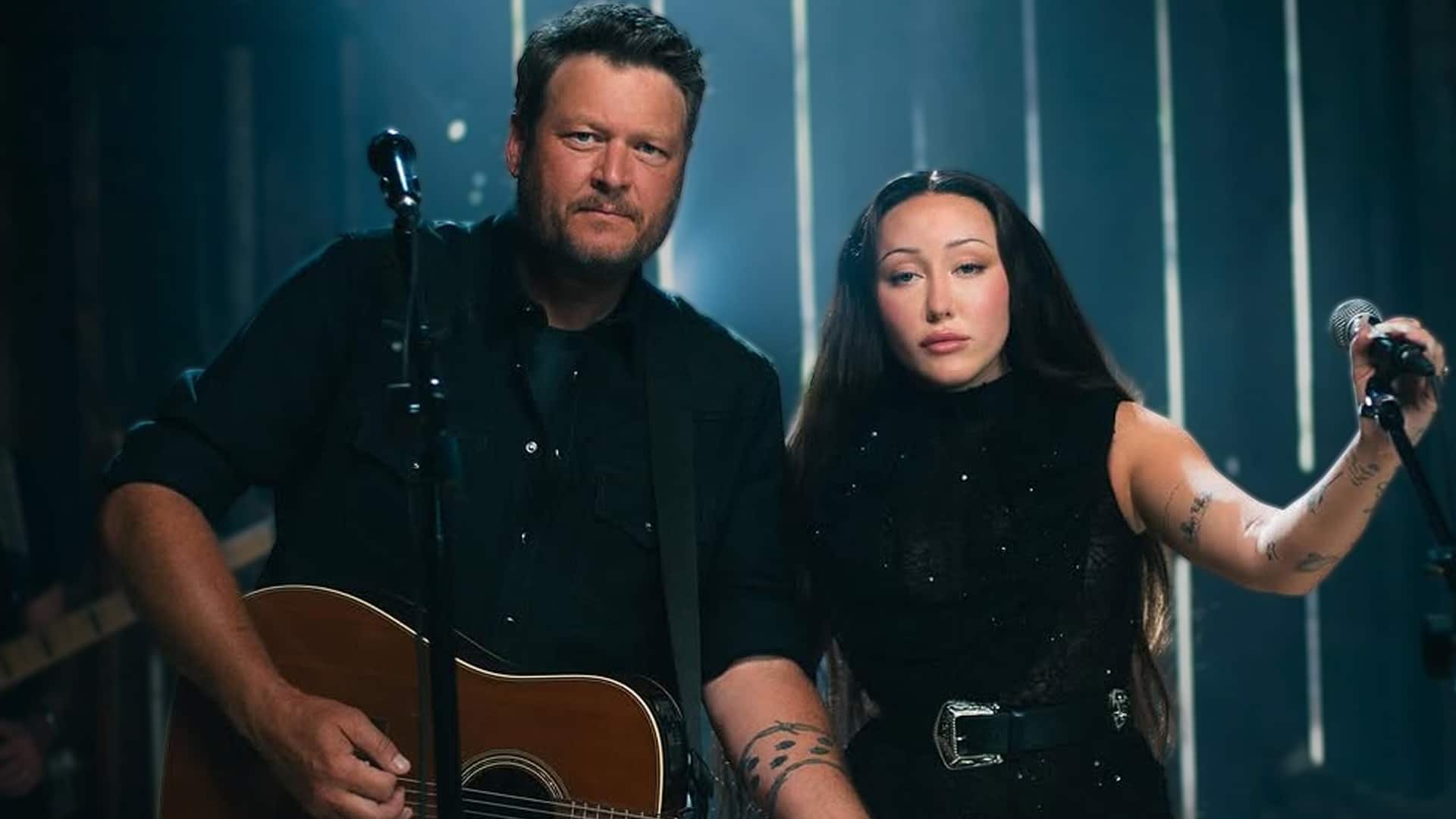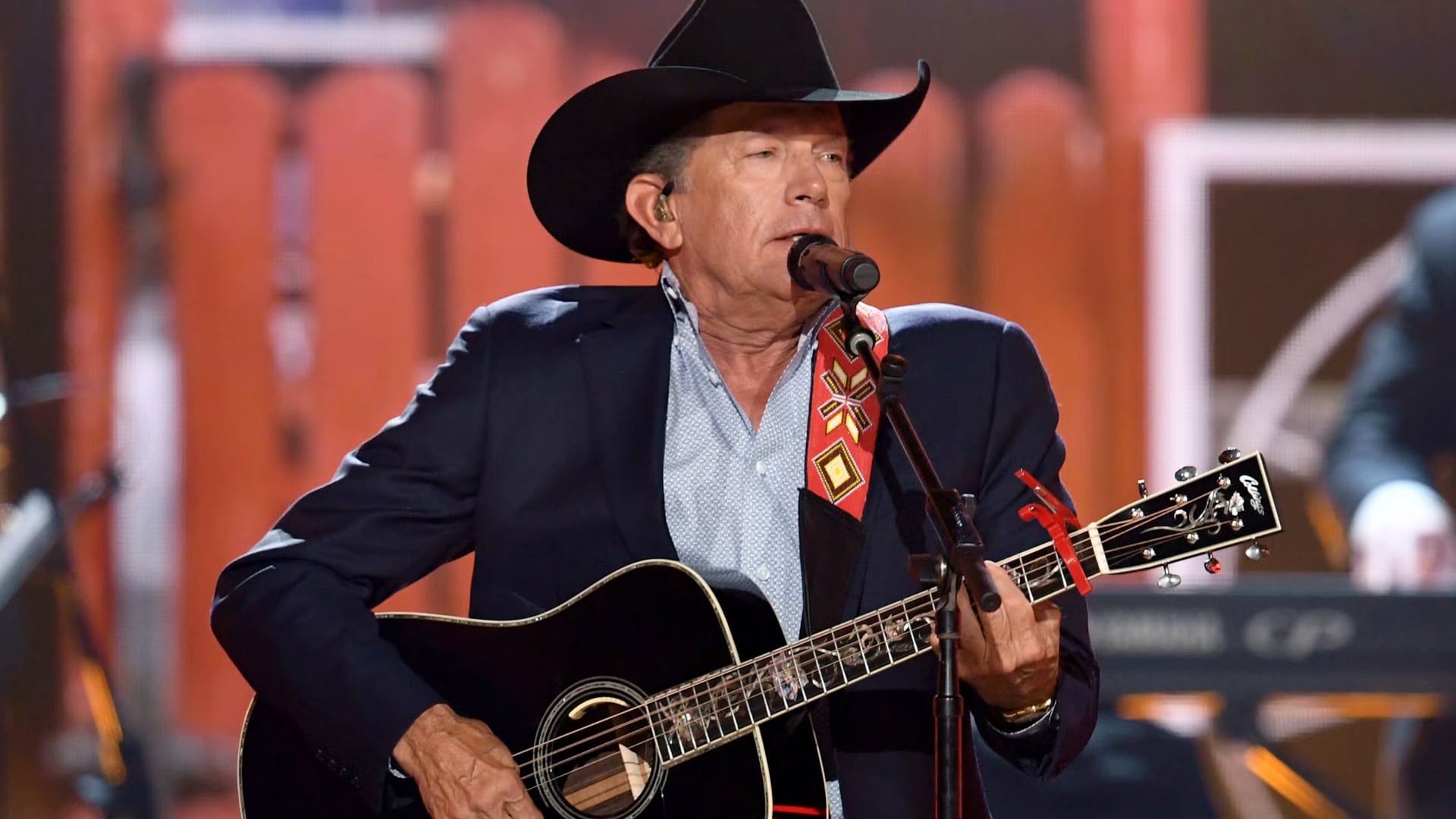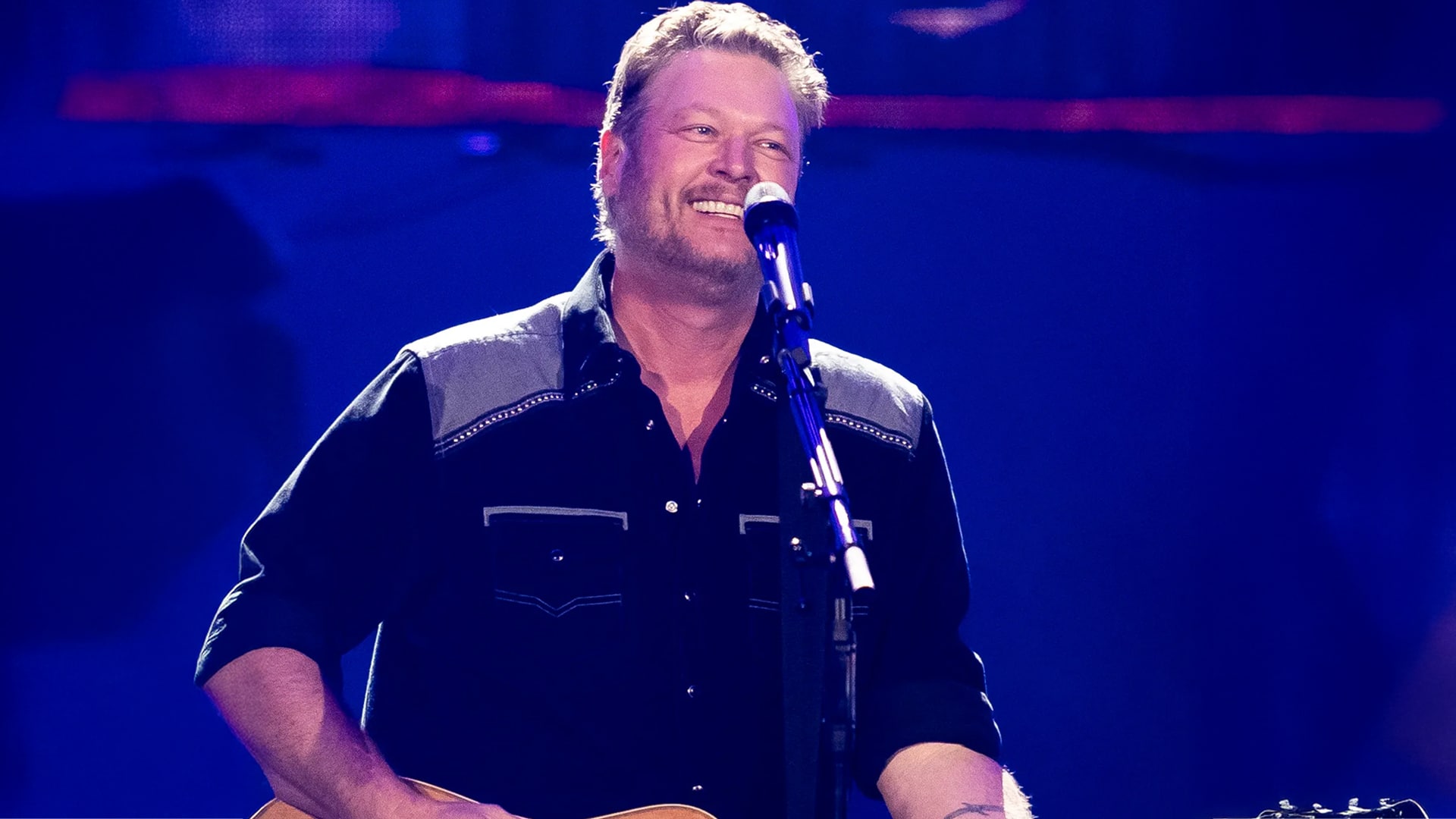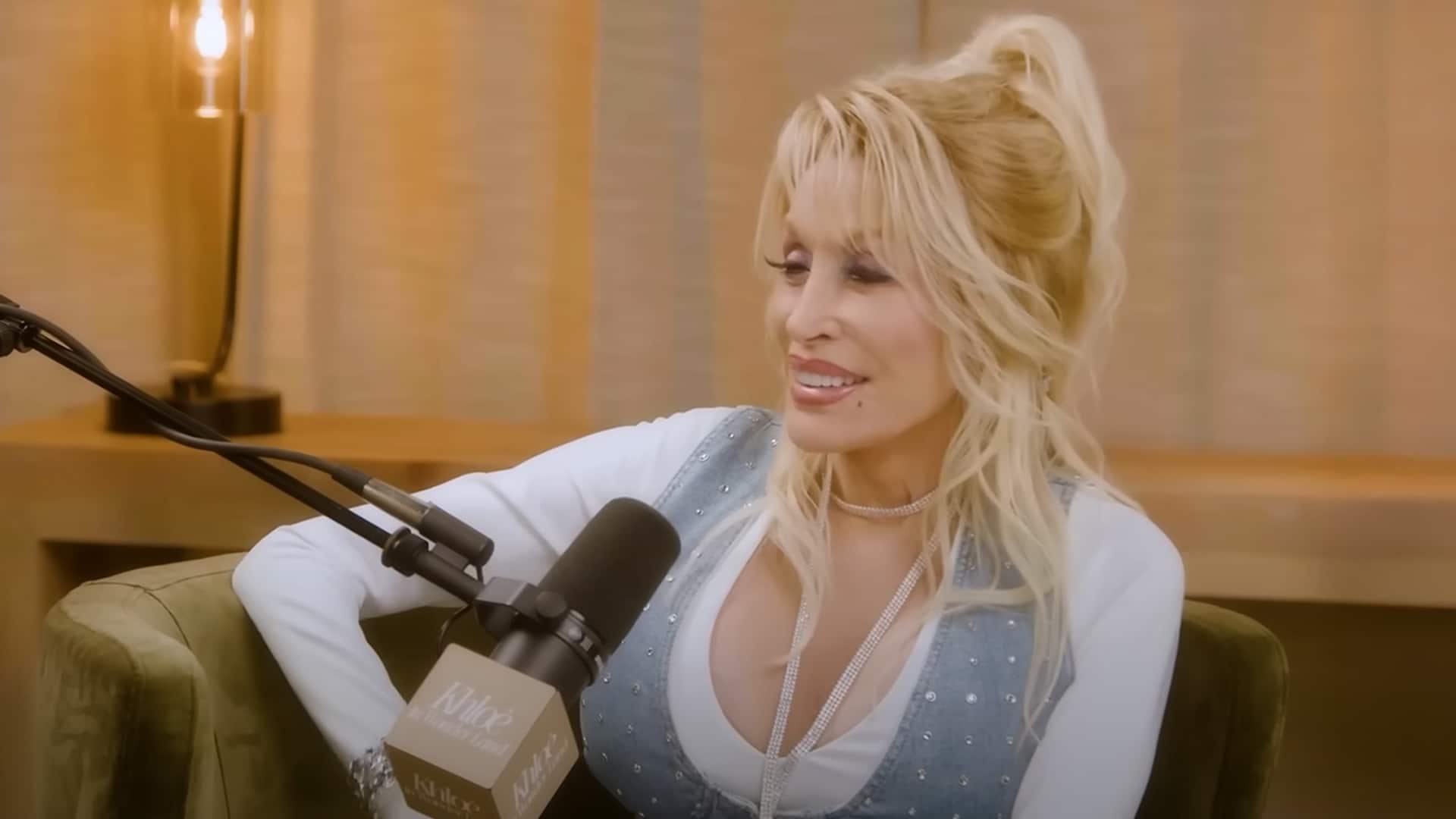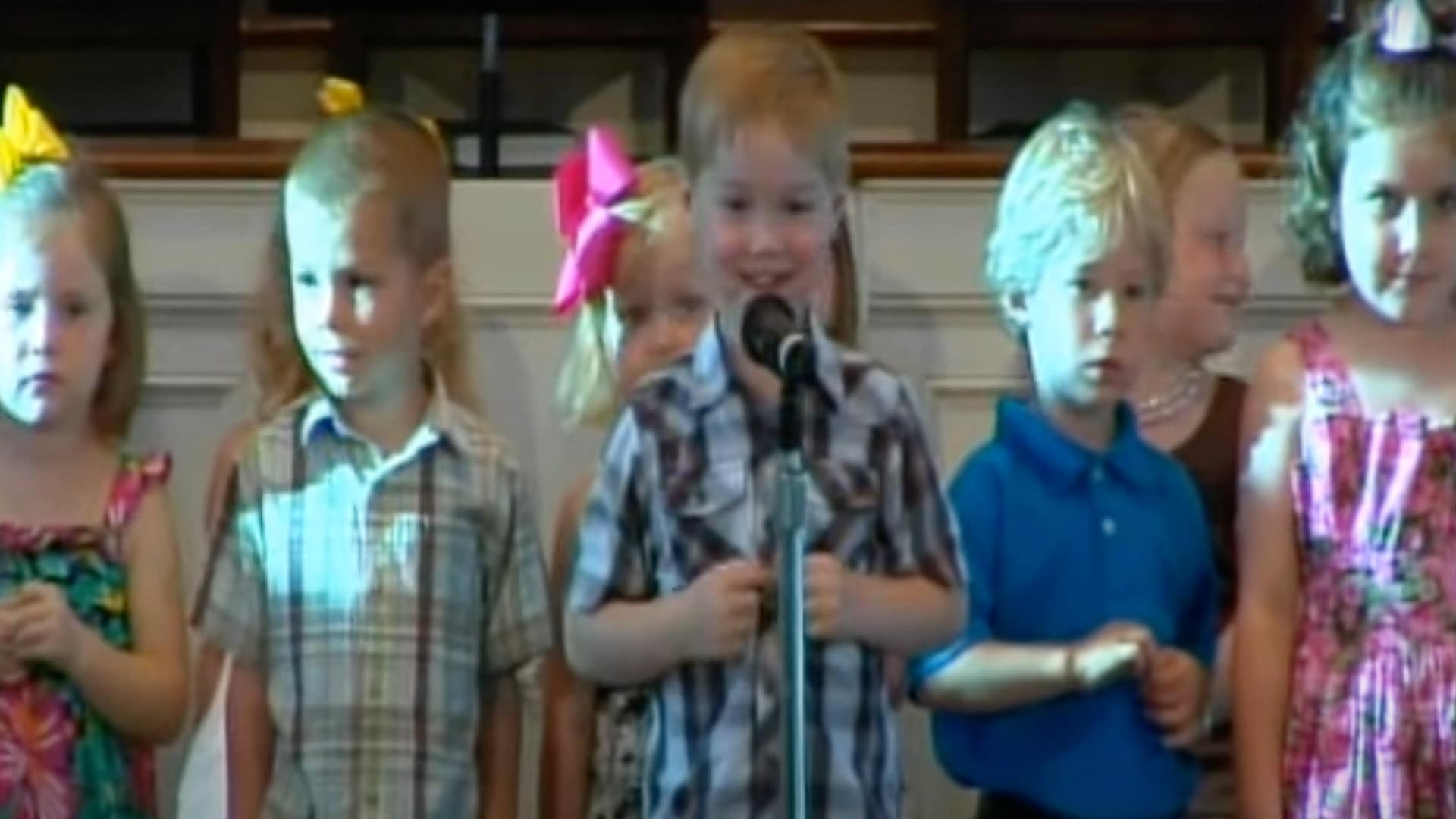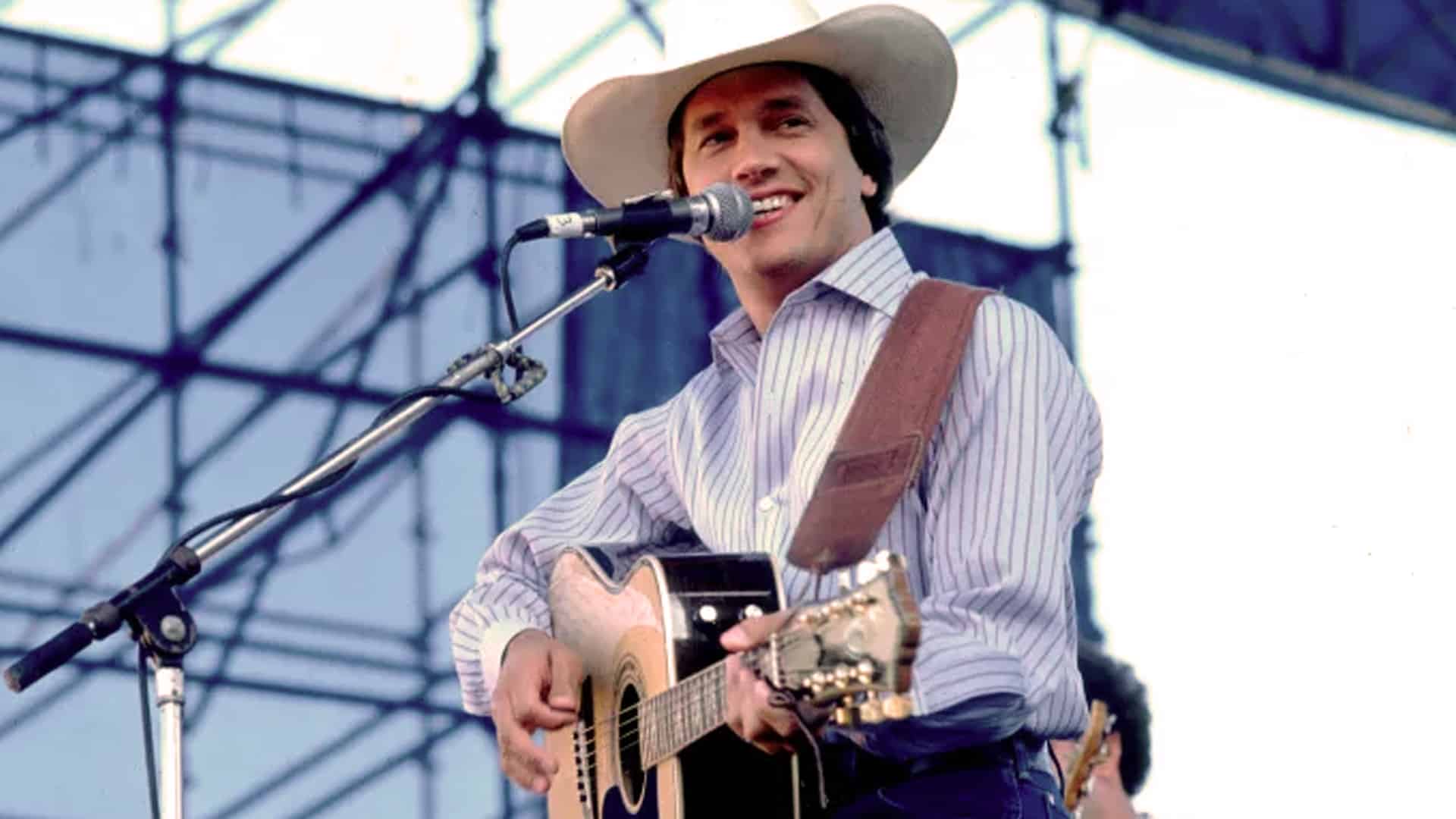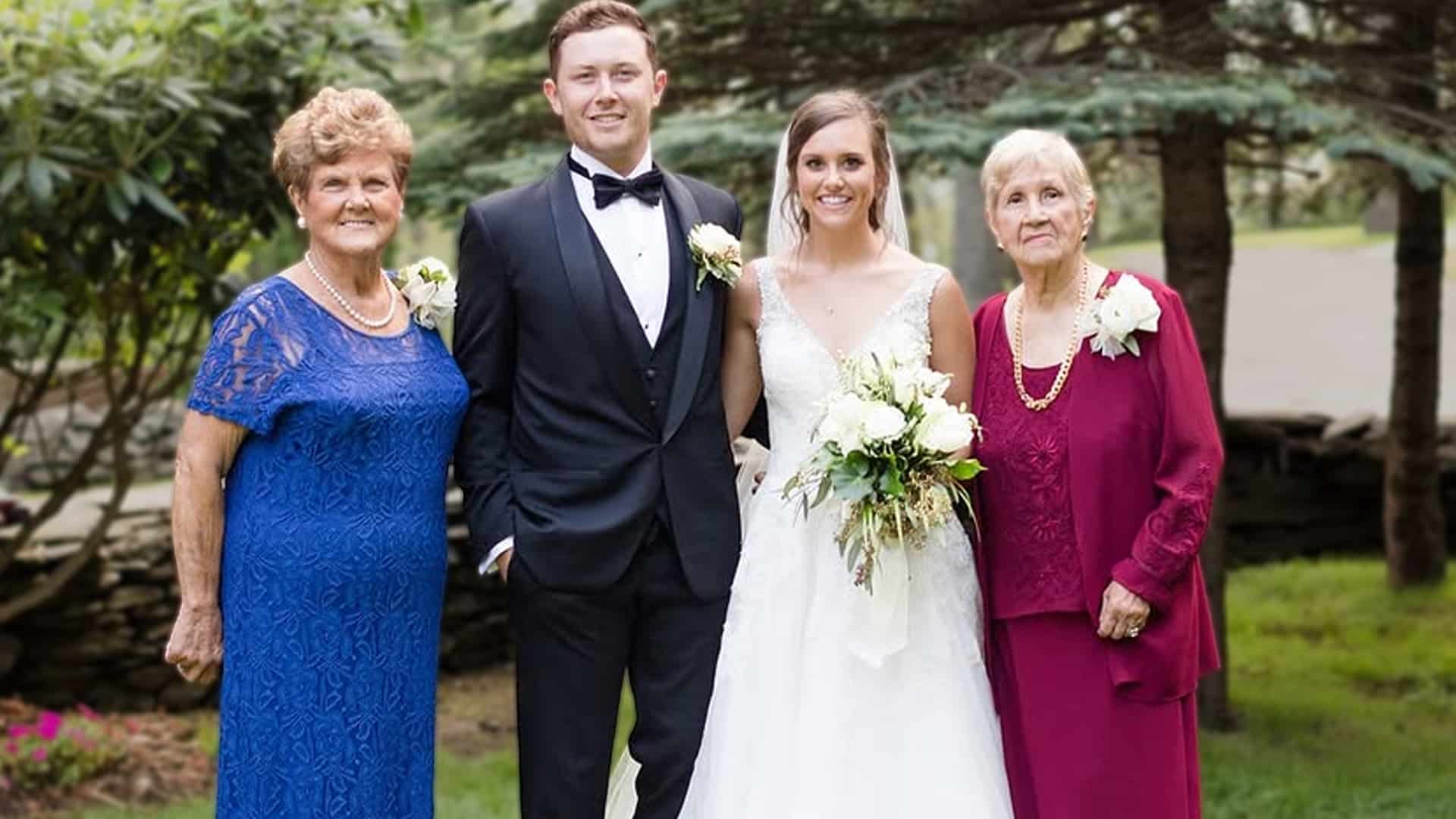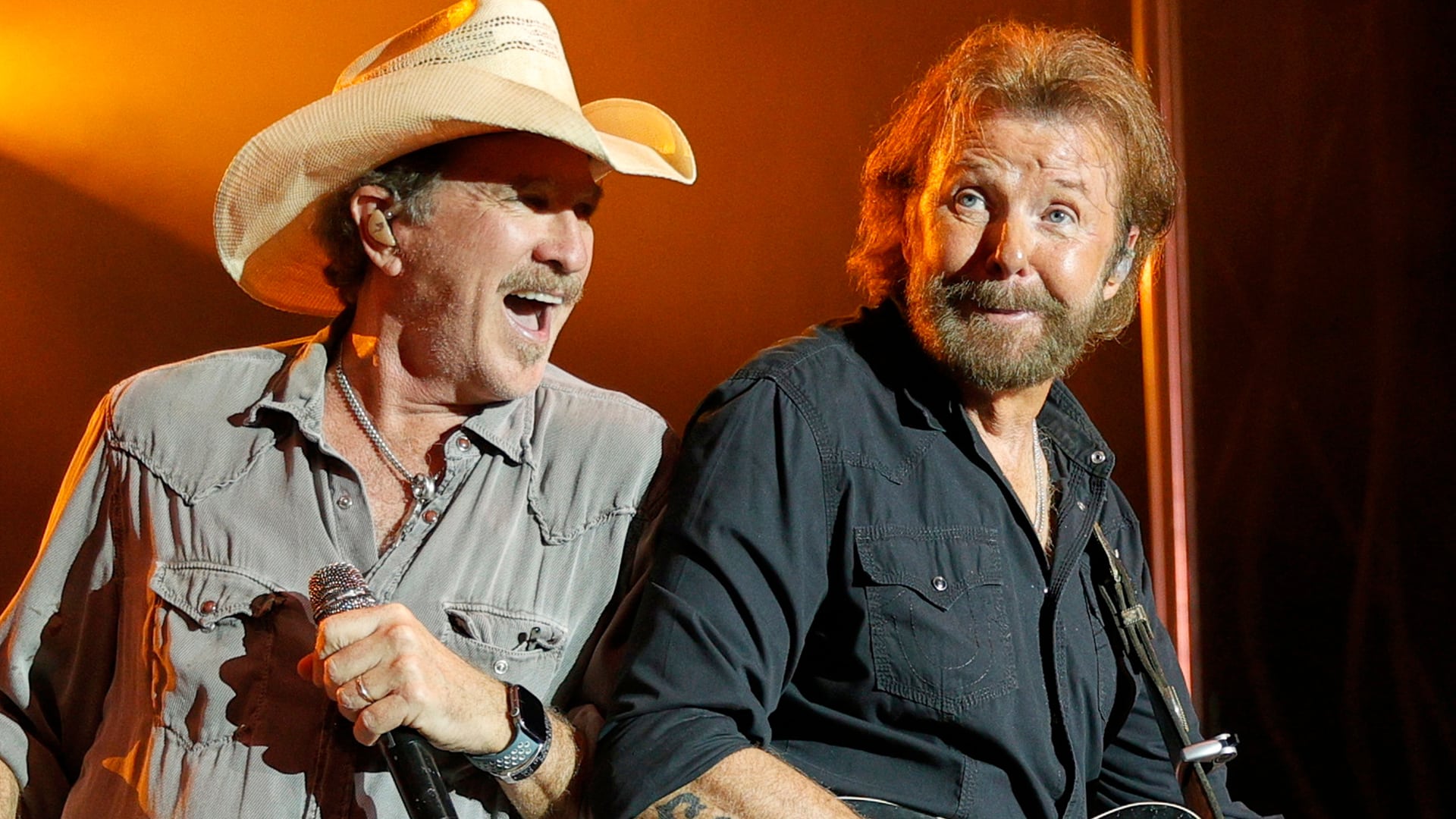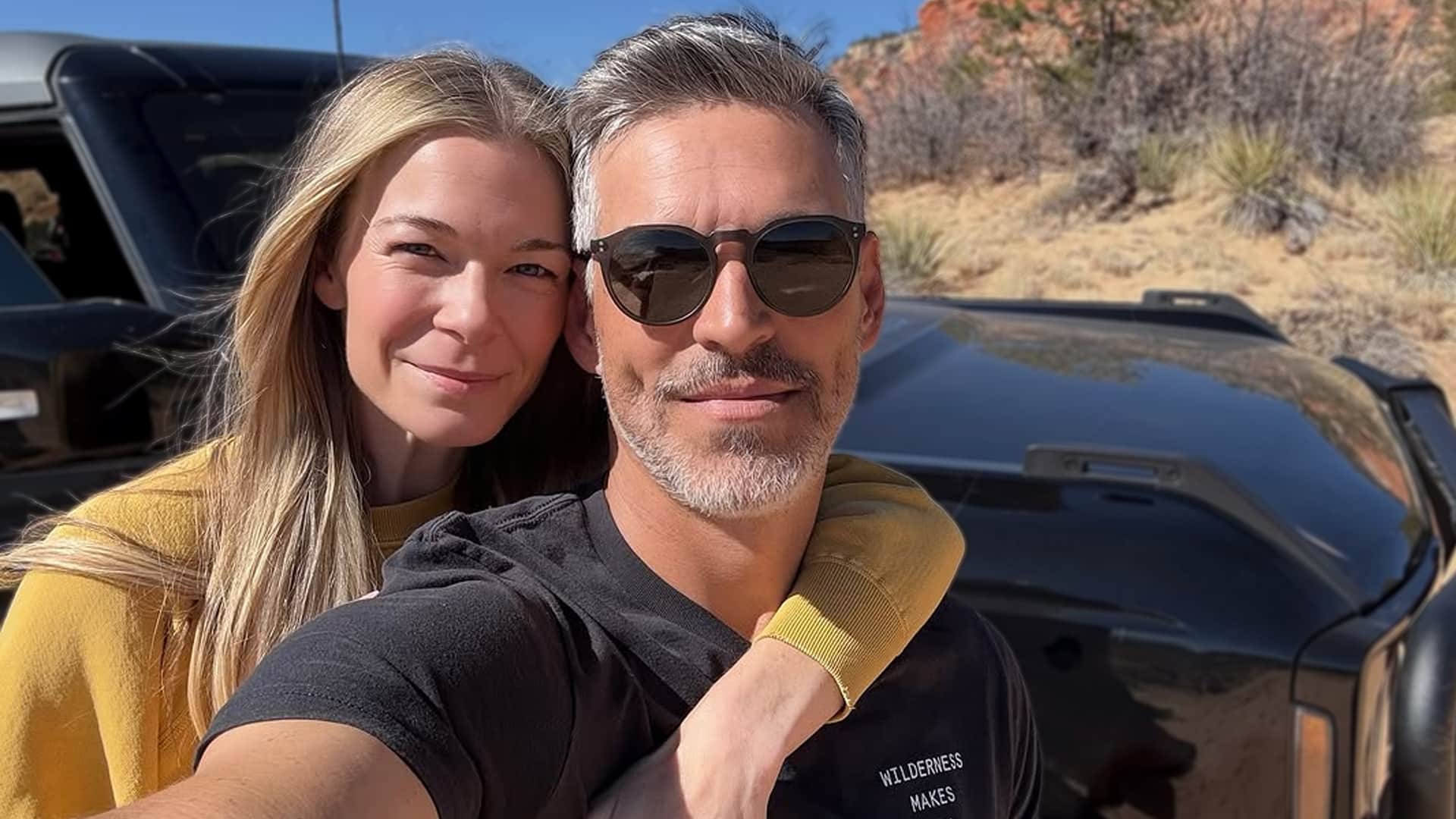Country star Dwight Yoakam opens up to Dan Rather about being rejected by Nashville, the early days of barroom gigs and fistfights, and how carving his own path reshaped the sound of country music.
They told Dwight Yoakam he didn’t belong in Nashville. Not in the ’70s, not with that Bakersfield swagger, not with songs that sounded like they’d crawled straight out of a honky-tonk jukebox in 1955. He showed up with heartbreak in his voice, fire in his boots, and a head full of Haggard—and the suits shrugged him off. They said he was too old-school, too rough around the edges, too out of step.
Translation? He was too country for country radio.
So he packed up, peeled out, and didn’t look back. Let ’em have their rhinestones. He had something better: a sound that couldn’t be faked and a refusal to kiss the ring.
The lights weren’t as bright in California, but the stages were real. Five-set nights in dive bars, rock clubs with sticky floors, and crowds who didn’t care if you had a label deal as long as the music hit hard. Fistfights broke out. Beer bottles flew. Dwight didn’t flinch. He and his band played through it, chasing the spirit of honky-tonk ghosts and breathing life back into a sound Nashville had buried under slick production.
He wasn’t following trends—he was dragging the past into the present like a rusted-out Cadillac with a V8 still roaring. Pete Anderson came along and turned those guitar licks into sharp-edged steel, and together they built something dangerous. Something real. Guitars, Cadillacs, Etc., Etc. wasn’t just an album—it was a neon sign that said, “You don’t have to play their game to win it.”
RELATED: Timeless Dwight Yoakam Songs That Have Stood the Test of Time
By the time Nashville caught on, it was too late. Dwight was already a star—and not because someone in a Music Row office gave him permission. The fans showed up in boots and Levi’s and sold out his shows because they heard the truth in his voice. That’s the thing about country music: it might forget you for a minute but never stays loyal to the fake stuff.
And here’s what makes the whole thing even sweeter: Nashville came calling again like it always does when it smells money. But Dwight didn’t go crawling back. He stepped onto the Opry stage when he felt like it. By then, the rejection wasn’t a scar. It was a badge of honor.
You can hear Dwight’s fingerprints all over today’s country, too—not the pop fluff, but the stuff that kicks. Zach Bryan. Charles Wesley Godwin. Even Post Malone, when he picks up a guitar and sings Johnny Cash like it’s stitched into his bones. That blend of outlaw grit and lonesome poetry? Dwight laid that trail when Nashville tried to block the road.
He didn’t reinvent himself. He reinvented country—by refusing to let Nashville tell him what it should sound like.
They didn’t want him in the circle. So he built his own damn orbit. And it’s still spinning, louder than ever.

